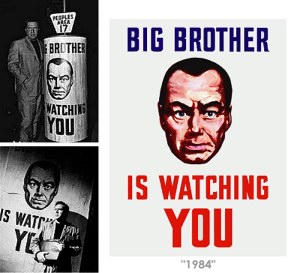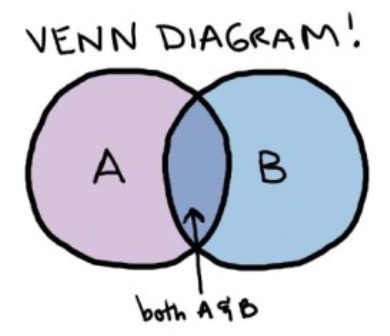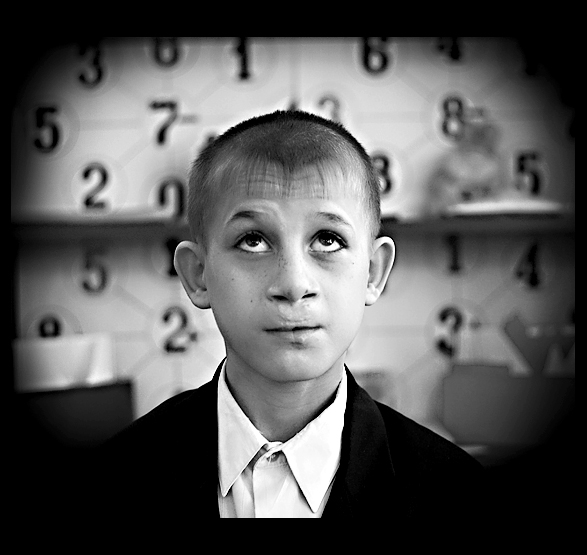Dewey 21C: July 2008 Archives
A study comes out saying that this is going to result in "teacher shortages, large class sizes and per-pupil funding gaps between some schools in low- and high-income areas of the city." What the study is saying is that in order to make this mandate possible, a "rigid" funding formula has been put in place that will cause these and other consequences.
For the moment, it appears to be a reverse of the usual, with the district pushing for the arts and physical education and a coalition questioning what it will take to make it happen. It's a sort of "bizarro world" of education.
There's one other, very, very intersting tidbit here: DC Schools Chancellor Michelle Rhee was quoted as saying that in the past, "the system gave too much power to principals who sometimes made questionable staffing decisions."
There's been a movement a foot, well situated in New York public schools and threading into other districts, to "empower" principals by giving them singular power to make decisions in their schools, including budget, staffing, and capital. It's the worldview of principal as CEO, amped up even further in places like New York where there is no practical oversight for principals--they're basically unsupervised, as they've been "empowered." CEO's of publicly traded corporations have boards of directors, same as non-profits. Even charter schools have boards directors. There are many supporters of this principal empowerment, more than you can imagine. So, a comment like this from Michelle Rhee, is indeed a very interesting development.
There will be much more to come, I am sure, about how current and future budget crunches are going to affect arts education, which has historically been among the very first to be cut.

The New York City school district is unlike any in the nation in two distinct ways: there is no real school board here (I often tell people we have a "fake school board--they laugh...), as the mayor has complete control of the schools; and the sheer number and frequency of reforms instituted by the city since 2003 would be hard to imagine anywhere else. That being said, bits and pieces of what is being tested in New York are either being done elsewhere, or have been done elsewhere, no matter what the NYCDOE might proclaim as being the first to have done it all.
The NYCDOE, known to most New Yorkers as "Tweed," named for Boss Tweed, has in fact come up with something that no other school district has thought of, or would be allowed to do, if governed by a school board: it has created the "Truth Squad."
Eduwonkette has a good blog entry and a link to some articles about it.
Big Brother (that's as in George Orwell, not the CBS series) IS watching, and it's not just FISA.
It's an interesting conundrum: most of the arts organizations, if they have ongoing relationships with the press are dealing with arts journalists; at the same time, the vast majority of what is written about education comes from the education writers. Their work doesn't appear in the culture pages, but in a metro or city section. Still most of the arts journalists care about arts education, and as many in the greater arts field bemoan the lack of art education in the schools, so do the arts journalists. The nature of what is being bemoaned however, by the arts journalists, often has generic quality, lacking in the details necessary to adequately report on the matter.
Fast forward a few years. At this point in time, we, meaning the organization I work for, The Center for Arts Education, now has a very good working relationship with virtually all the local education reporters, at the newspapers, on radio, and on television. We try our best to serve as a resource for them, while seeking to raise the profile of arts education as it is reported through the lens of education news. I feel we've come a long way as we have sought to make sure that the state of arts education, the significant unmet needs of students is accurately and regularly reported on as an important issue. Media relations will be an increasingly important area of activity as we press forward with a big advocacy and public engagement agenda.

Okay, so, we've made some headway in supporting the work of the education reporters to be able to understand and appreciate the field of arts education and for it to been seen as an "education" issue.
Where does that leave the arts journalists? When we hear of an arts education story being developed by an arts journalist, my staff often becomes worried as to whether or not the story will be well reported. Will the complicated policy issues that connect to a larger world of education be understood? Will the context be right? Will the piece be accurate? Will damage be done? I know the last question may read a bit hyperbolic, but hey, if the state of need is not accurately presented, if funders, policymakers, boards, etc., get the wrong idea, well it can be damaging to the good work being done by so many.
There was a piece on music education in the New York City public schools by a music journalist in The New York Times last year that infuriated just about every single person I know. Honestly, the piece was riddled with mistakes, including factual errors, was confusing in both its central premise and lacked any real knowledge of the complex backdrop of the New York City public schools. The administrators at the New York City Department of Education, the teaching artists, the organizations, and a whole host of others were pissed off. That is no small feat, perhaps being about the best thing one could say about the article.
Naturally, I was pissed off too, for all the reasons above, but also because I kept thinking that if only this reporter had called someone with considerable knowledge, experience, and access to data and sources, well, the article could have turned out very differently.
We have from time-to-time bounced around the question of what to do about this. Should we create materials, create programs, seek to partner with programs such as the NEA Arts Journalism Institute, or the National Arts Journalism Program.
Years ago, when I was more concerned about getting ink about a good program, it wasn't such an issue. Today, in fighting to advance arts education, particularly universal access for all New York City public school students, it is clear to me that more needs to be done to ensure that all journalists who might be concerned about this issue professionally, should have a baseline knowledge about what is a fairly complex world.
What have you found? What do you really know about the schools? What should be done, if anything? And I write this knowing full well that many believe the full time arts journalist position is a sort of endangered species.
Okay, it's my very first blog, on the first and only blog on artsjournal.com devoted to arts education.
Dewey21C. I had intended to post a first blog directly associated with John Dewey. That will have to wait a bit as I have something else I want to share with you. However, before leaving John Dewey for future entries, I want to say that his writing about arts and education remains to me the bedrock, the real foundation as to what arts education is all about. While many who take issue with "progressive education" lay the blame at the feet of John Dewey, I would point out that much has been done in the name of progressive education based on a distorted view of Dewey and his philosophy. His work and inspiration remains timeless. I promise more about that in future blogs.
This email, which shall remain purely anonymous, has had sections deleted to ensure that this fellow could not be identified. While I do think the point being made is fairly obvious, well, you never know. There's a lot that I would like to comment on here. I will save much of those comments for a later date, allowing the email to stand on its own and to then report back a bit on the thoughts of readers.

Just thought I'd say hello and send you a few reflections on
my first week :-)
I spent the week in class at a local

 .
.
